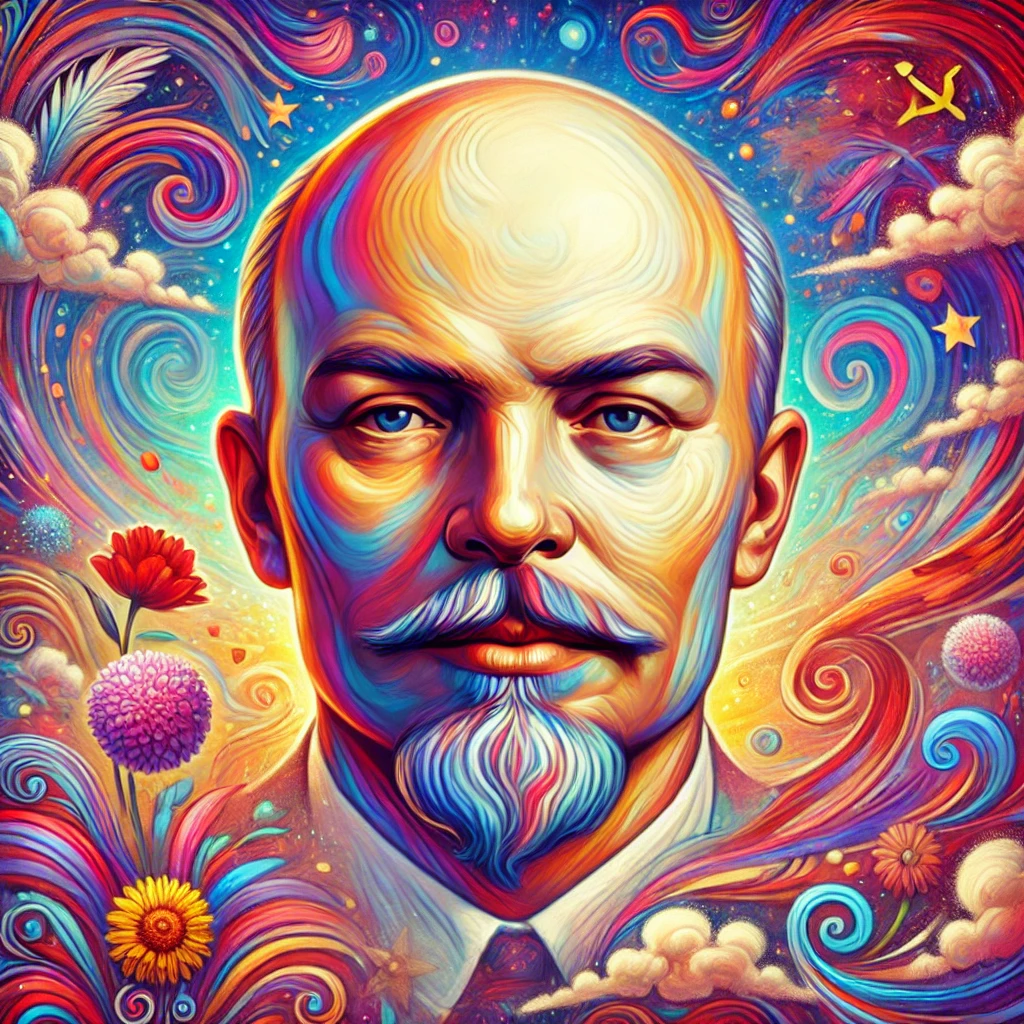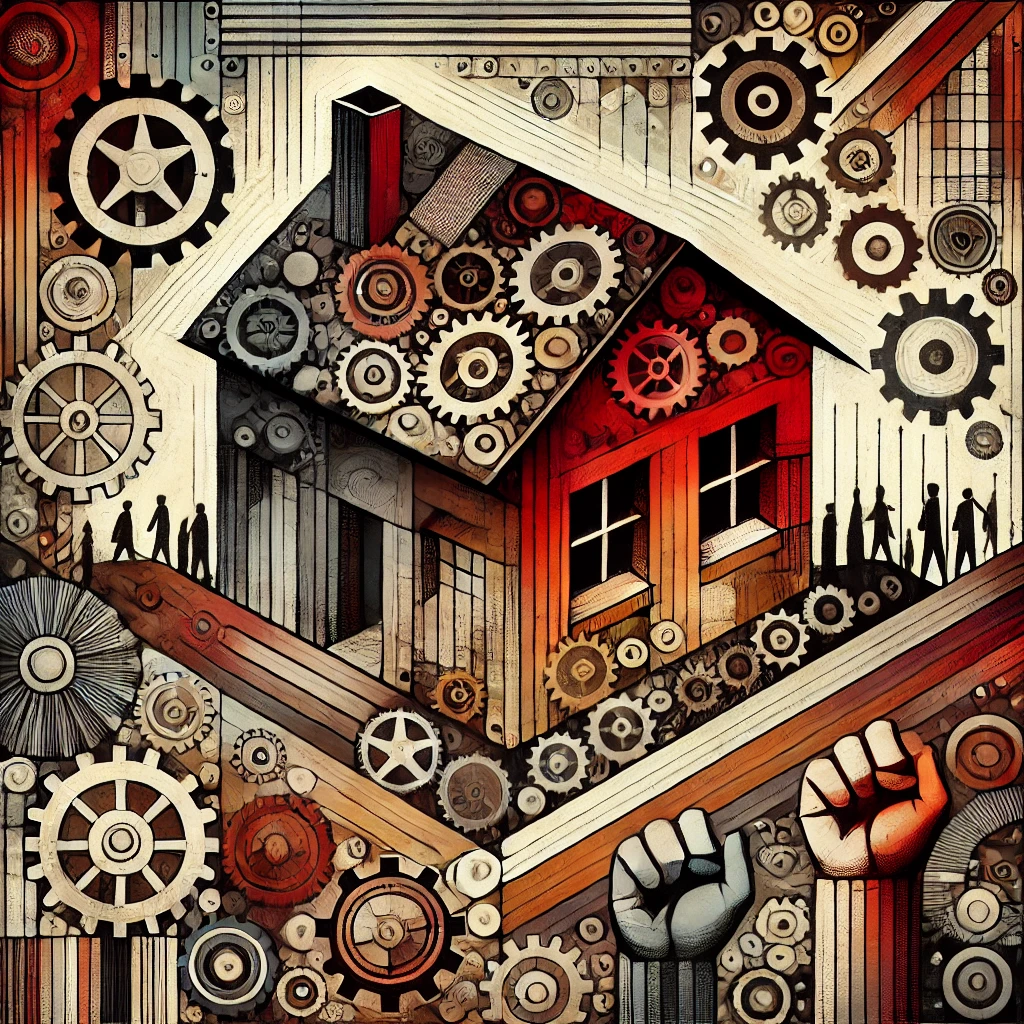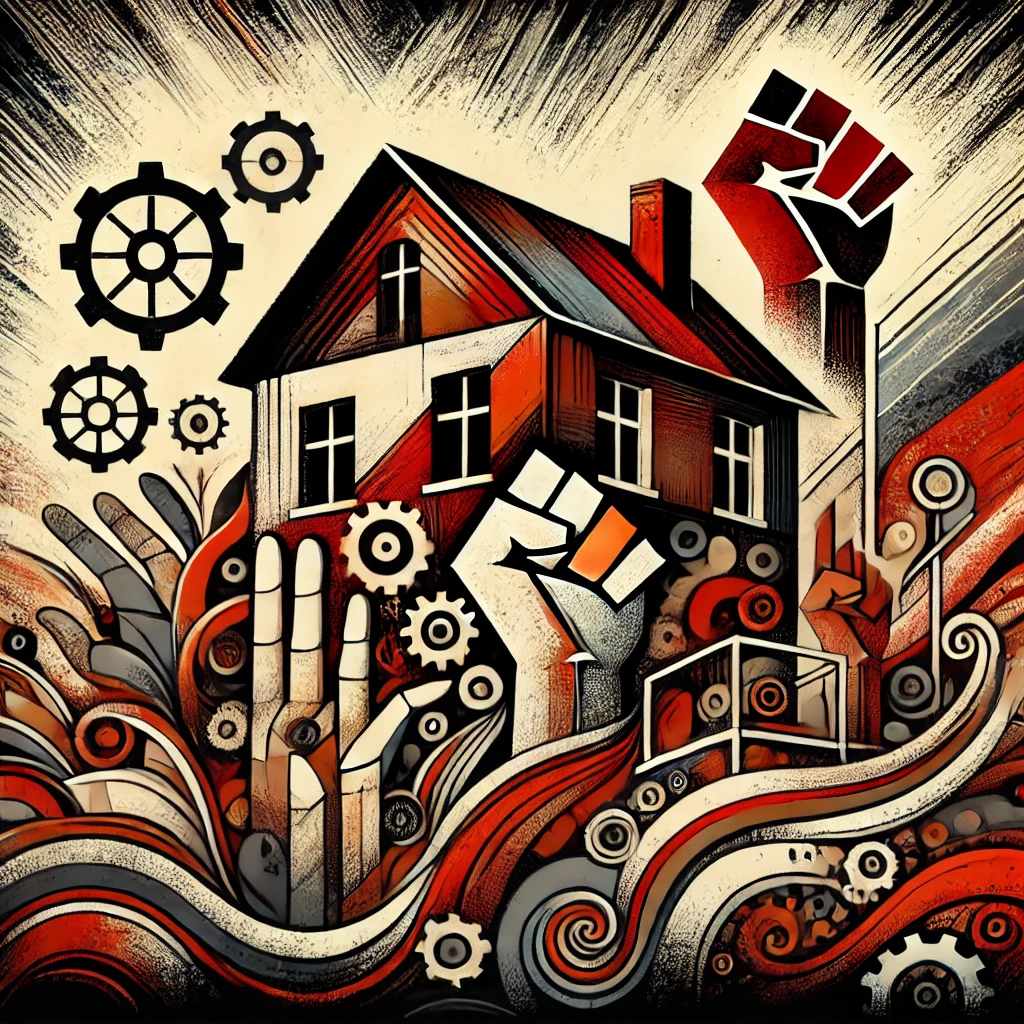Vladimir Lenin

Birth Date: 1870-04-22
Death Date: 1924-01-21
Place of Birth: Simbirsk, Russia
Place of Death: Gorki, Russia
Century: 19th
Region: Russia
"A lie told often enough becomes the truth."
Born in Simbirsk, Russia, Lenin was a revolutionary and political theorist who played a central role in the October Revolution of 1917. He led the Bolshevik Party to power and implemented radical socialist policies, including the redistribution of land and the nationalization of industry. Lenin's works, such as 'What Is to Be Done?' and 'Imperialism, the Highest Stage of Capitalism,' laid the groundwork for his revolutionary activities.
Lenin extended Marx's ideas by arguing that a strong, disciplined party is needed to lead the working class to revolution. He believed that only through organized effort could capitalism be overthrown and socialism established. Lenin's ideas shaped the development of 20th-century communism.
What Is to Be Done?: Lenin’s pamphlet arguing for the need for a vanguard party to lead the proletarian revolution. The State and Revolution: Lenin’s work discussing the role of the state in a socialist society and the need to dismantle the bourgeois state apparatus.
Lenin was deeply influenced by the works of Karl Marx and Friedrich Engels, particularly their critiques of capitalism and theories of class struggle. He was also inspired by the revolutionary movements of his time, including the Paris Commune and the Narodniks in Russia.
Lenin’s ideas and leadership influenced communist and socialist movements around the world, including the Chinese Communist Revolution and numerous Marxist movements in Africa, Asia, and Latin America. His concept of a vanguard party and his revolutionary tactics have been studied and implemented by many political leaders.
Lenin’s role in the violent overthrow of the Russian Provisional Government and his use of authoritarian methods to consolidate power have been widely debated. His policies, including the Red Terror and the suppression of political opposition, have drawn criticism for their harshness and repression.
Critics of Lenin include democratic socialists and libertarian Marxists who reject his authoritarian approach to socialism. Figures like Leon Trotsky, once Lenin’s ally, later critiqued aspects of Lenin’s leadership, particularly the bureaucratic tendencies within the Soviet state.
Lenin’s impact on 20th-century history is immense. His leadership in the Russian Revolution and the establishment of the Soviet Union transformed global politics, inspiring communist revolutions and movements worldwide. Leninism, as a political theory, continues to be studied and debated within Marxist circles.
Lenin survived an assassination attempt in 1918 but never fully recovered from the injuries. His preserved body remains on display in a mausoleum in Moscow’s Red Square, despite his expressed wish for a simple burial.





